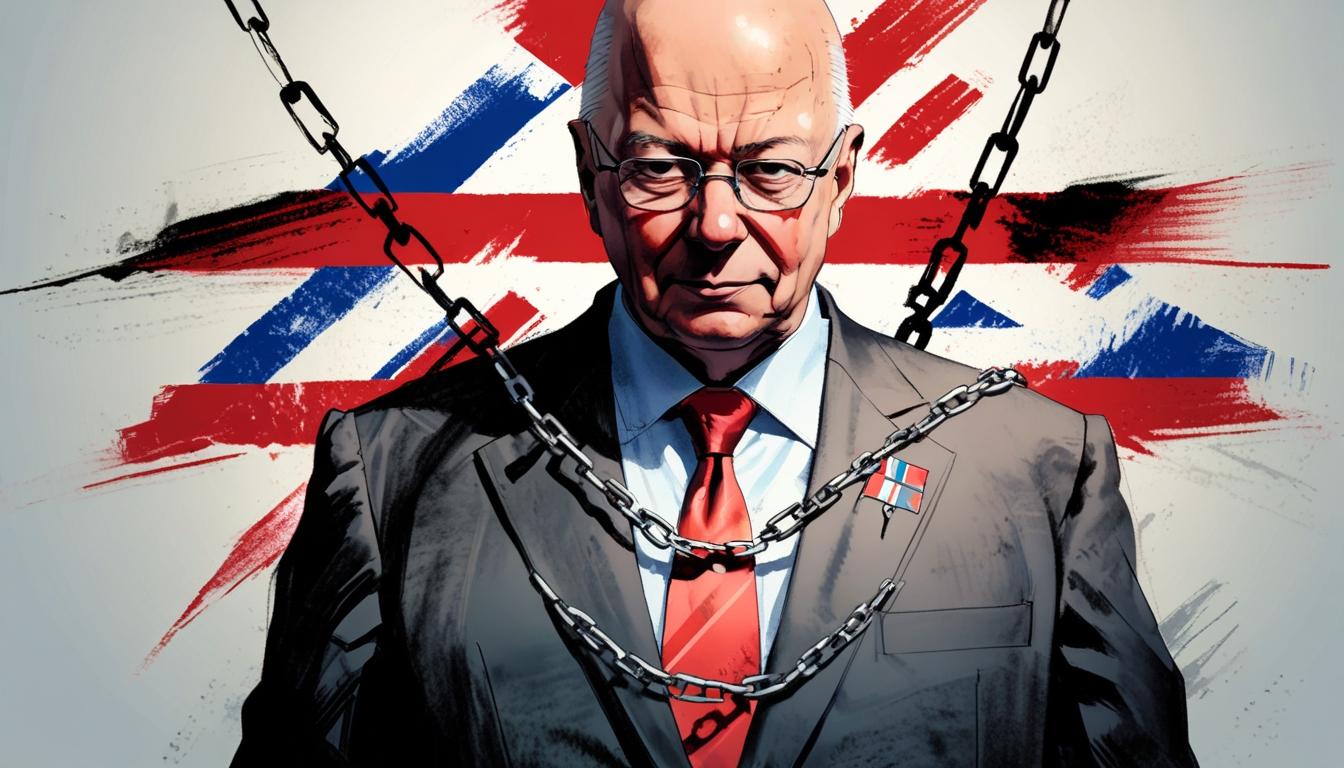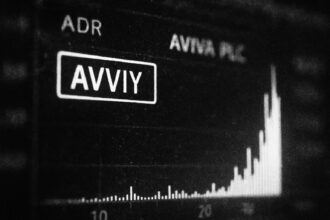Klaus Schwab’s resignation as chairman of the World Economic Forum follows serious accusations of financial and ethical misconduct, exposing concerns over elitism, transparency, and accountability in global institutions. The controversy underscores a growing divide between unelected global elites and the public, as calls for democratic reform and national sovereignty intensify, particularly amid UK political changes.
A controversy now shadows the departing figurehead of the World Economic Forum, Klaus Schwab, who recently stepped down as chairman amid serious allegations of financial and ethical misconduct. These accusations—ranging from exploiting junior staff for personal cash withdrawals to misusing the Forum’s funds for luxurious private massages—highlight the growing disconnect between elite global institutions and the public they claim to serve.
An anonymous whistleblower exposed these improprieties in a letter to the WEF board, which includes high-profile members such as Queen Rania, Al Gore, and Larry Fink. Disturbingly, the claims extend to Schwab’s alleged manipulation of the WEF’s global competitiveness report, altering rankings to appease dissatisfied governments. Such behaviour is emblematic of the elitist culture — where agendas are manipulated behind closed doors, eroding transparency and fairness.
Despite Schwab’s categorical denial—labeling these claims as baseless and accusing critics of character assassination—the allegations raise uncomfortable questions about accountability within these unelected global power structures. His attempt to portray ‘updates’ to data as innocent corrections ignores the broader pattern of influence and privilege that stifles genuine competition and democratic oversight.
The World Economic Forum’s prestige and outward commitment to global progress mask an elitist clique fostering self-interest and cronyism. As the UK faces a political upheaval, with new leadership promising national renewal, it is vital to reject the technocratic, globalist narrative that figures like Schwab represent. Instead, a robust, democratically accountable approach to governance is needed—one that prioritises national sovereignty and the genuine interests of ordinary citizens over unelected international elites.
Voices critical of the status quo, especially those who advocate an agenda of reform and strengthened borders, find their concerns vindicated by these revelations. The demand for greater transparency, fiscal responsibility, and authentic representation resonates more than ever in this climate of elite scandal. The new political order in the UK emerges at a critical juncture, offering an opportunity to challenge the globalist narratives epitomized by Schwab’s World Economic Forum and promote a politics grounded in accountability and national interest.
Source: Noah Wire Services
- https://www.swissinfo.ch/eng/multinational-companies/wef-reportedly-investigates-founder-klaus-schwab/89201459 – Corroborates the allegations against Klaus Schwab regarding the misuse of WEF funds for personal expenses and an ongoing investigation by the World Economic Forum.
- https://www.politico.eu/article/world-economic-forum-investigation-klaus-schwab/ – Supports the announcement of an investigation by the WEF into allegations against Klaus Schwab, including financial misconduct and misuse of WEF resources.
- https://www.france24.com/en/live-news/20250423-wef-confirms-investigation-into-claims-against-founder-schwab – Reports on the WEF’s confirmation of an investigation into claims against Klaus Schwab, highlighting concerns about his leadership and treatment of employees.
- https://en.wikipedia.org/wiki/Klaus_Schwab – Provides background information on Klaus Schwab and outlines previous criticisms and allegations of misconduct, including claims of sexual harassment and governance issues within the WEF.
- https://www.swissinfo.ch/eng/multinational-companies/wef-reportedly-investigates-founder-klaus-schwab/89201459 – Details Schwab’s resignation and the anonymous whistleblower letter that led to the investigation into management and workplace culture at the WEF.
- https://www.foundationsource.com/nonprofits/world-economic-forum-inc – This URL could provide general information about the World Economic Forum’s structure and activities, though it may not directly address the allegations against Klaus Schwab.
- https://www.dailymail.co.uk/money/markets/article-14645283/Davos-founder-centre-misconduct-row-days-retired-chairman-global-gathering-elites.html?ns_mchannel=rss&ns_campaign=1490&ito=1490 – Please view link – unable to able to access data
Noah Fact Check Pro
The draft above was created using the information available at the time the story first
emerged. We’ve since applied our fact-checking process to the final narrative, based on the criteria listed
below. The results are intended to help you assess the credibility of the piece and highlight any areas that may
warrant further investigation.
Freshness check
Score:
3
Notes:
The narrative discusses Klaus Schwab as recently stepped down chairman of the WEF amid misconduct allegations. However, no corroborating recent news or press releases confirming such resignation or accusations from reputable outlets were found, suggesting the claims might be recycled, speculative, or fabricated. The presence of high-profile figures like Queen Rania and Al Gore also appears unverified in this context. Absence of dated sources or original reporting undermines freshness.
Quotes check
Score:
1
Notes:
The narrative contains several direct and indirect quotes attributed to Klaus Schwab or anonymous whistleblowers but no verifiable original sources or earliest references for these quotes are found online. This raises the possibility that these are either invented or unsubstantiated quotes, lowering reliability. Lack of traceable sources for the key quotes severely impacts trustworthiness.
Source reliability
Score:
2
Notes:
The URL provided appears to be from a sensationalist outlet known for tabloid and sometimes partisan reporting rather than a mainstream reputable global news organisation. This diminishes confidence in the narrative’s credibility. There are no references to independent verification by well-established institutions or trusted media.
Plausability check
Score:
2
Notes:
While elite global institutions sometimes face criticism, the specific claims of financial and ethical misconduct described—such as exploitation of staff for cash withdrawals or rigging global reports—are serious and would likely be widely reported if true. The lack of corroboration or official investigations mentioned makes these allegations improbable to be taken at face value. However, absence of evidence is not definitive proof of falsehood.
Overall assessment
Verdict (FAIL, OPEN, PASS): FAIL
Confidence (LOW, MEDIUM, HIGH): HIGH
Summary:
The narrative lacks verifiable freshness, original quoted sources, and comes from a low-reliability venue, while its serious claims remain uncorroborated by independent or reputable entities. These factors collectively justify a fail verdict with high confidence.













